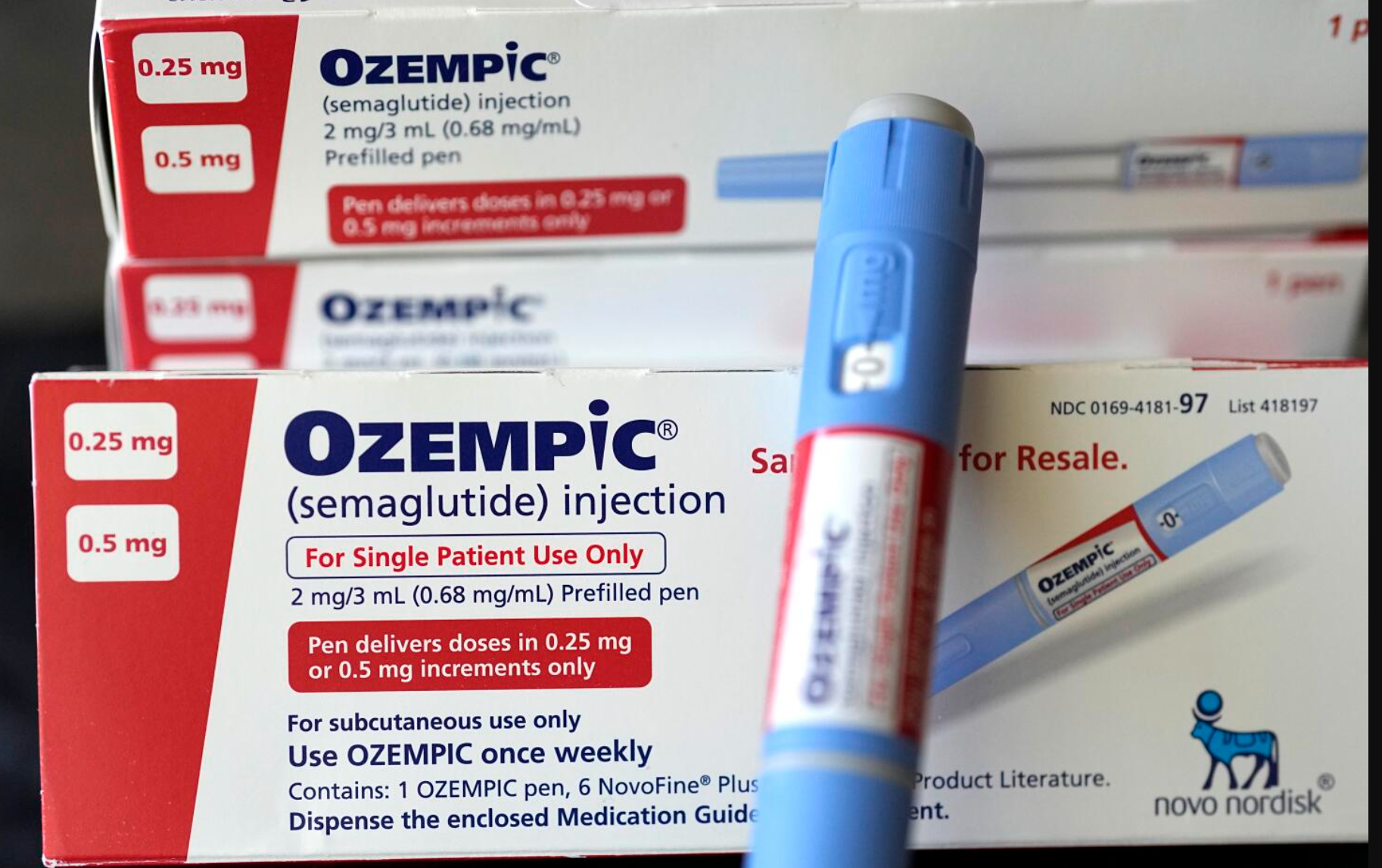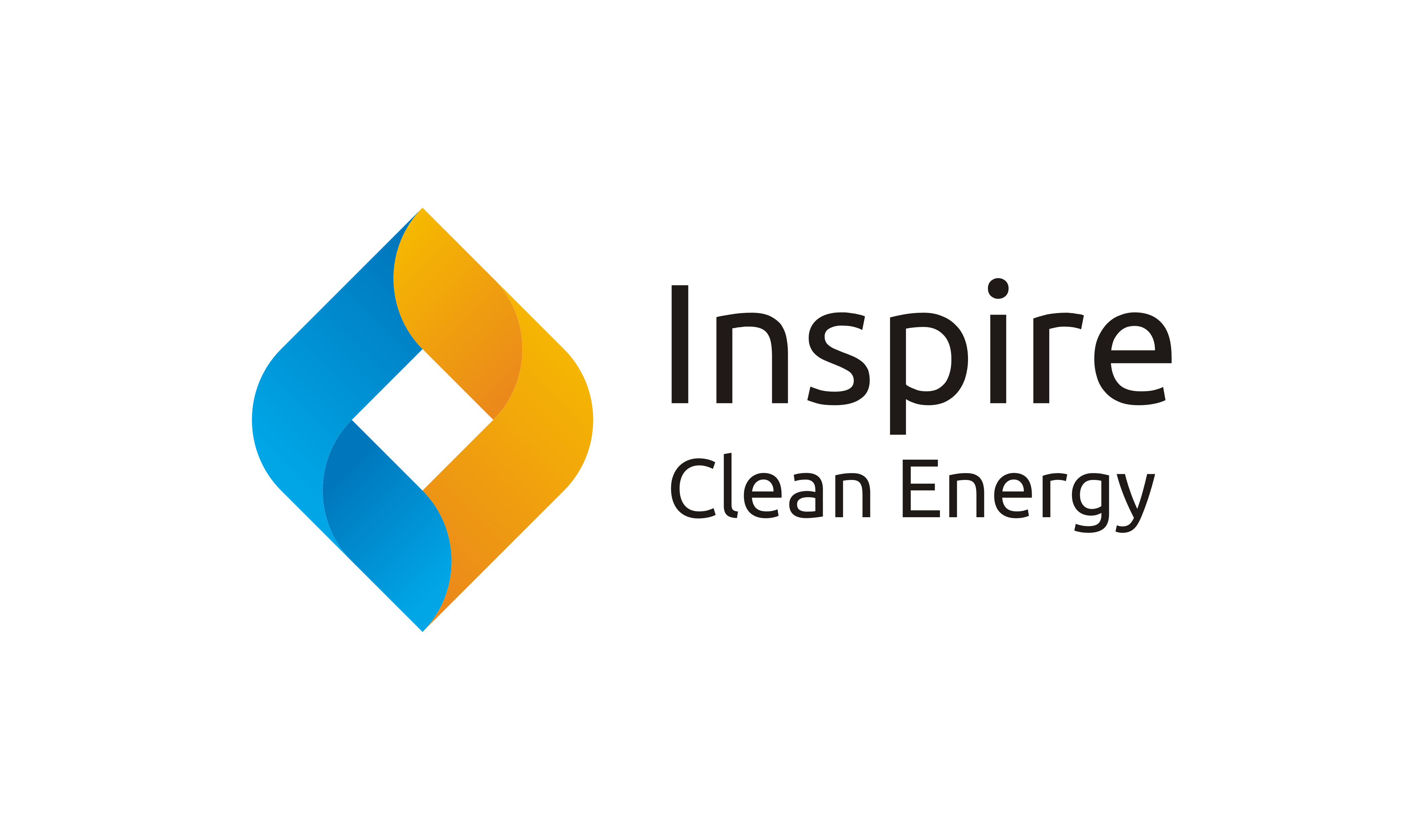
Ozempic, a medication primarily used for the management of type 2 diabetes, has recently been under the spotlight for its effectiveness and versatility. Developed by Novo Nordisk, a global healthcare company, it functions by enhancing insulin secretion and suppressing appetite, thus aiding in blood sugar regulation and weight loss. What makes Ozempic particularly interesting in today’s world is not just its medical benefits but also its potential indirect benefits related to lifestyle changes, especially in communities harnessing renewable energy sources like solar panels. This article explores how Ozempic, combined with an increased focus on renewable energy, could contribute to a healthier society. The connection between these two seemingly disparate elements – medication and solar energy – symbolizes a holistic approach to global health and sustainability.
Ozempic: A Brief Overview
Online Ozempic is a brand name for the drug semaglutide, administered through injections to control high blood sugar in adults with type 2 diabetes. It mimics a hormone called GLP-1, leading to decreased hunger and caloric intake. Aside from its primary use, Ozempic has been gaining attention for its weight loss benefits, although it’s not officially prescribed for this purpose alone. This dual effect of blood sugar control and weight management positions Ozempic as a significant tool in combating diabetes and obesity, major public health challenges worldwide. The growing demand for Ozempic reflects a shift towards medications that offer comprehensive health benefits, mirroring broader trends in healthcare towards prevention and holistic management.
Solar Energy: Lighting the Path to Sustainability
Solar energy, captured through solar panels, represents one of the cleanest and most abundant renewable energy sources available today. By converting sunlight into electricity, solar panels provide a sustainable alternative to fossil fuels, reducing carbon emissions and combating climate change. The adoption of solar energy has seen a remarkable increase globally, as it offers a cost-effective solution for powering homes, businesses, and even public infrastructure. This surge in solar energy utilization underscores a collective move towards environmental stewardship and energy independence. Moreover, the integration of solar technology in medical facilities and communities can ensure uninterrupted healthcare services, critical for medications like Ozempic that require proper storage conditions.
Connecting Ozempic and Solar Energy
The intersection of Ozempic and solar energy may not be immediately apparent, but it lies in the broader context of health and environmental sustainability. Individuals using Ozempic for diabetes management are part of a global shift towards healthier lifestyles, which includes reducing carbon footprints and embracing renewable resources. Solar panels, by providing a clean and renewable source of energy, can support the healthcare sector’s needs, including the refrigeration of medications like Ozempic. This synergy can foster a healthier population less dependent on non-renewable resources, aligning medical advancements with environmental goals. The promotion of solar energy in pharmaceutical manufacturing and storage can further reduce the carbon footprint of essential medications like Ozempic.
Impact on Communities
Communities that embrace solar energy can experience numerous benefits, including improved health outcomes and reduced environmental impact. For individuals with type 2 diabetes, access to medications like Ozempic becomes more reliable in areas powered by solar energy, ensuring consistent treatment without the worry of power outages. Furthermore, the adoption of solar panels contributes to cleaner air and a reduction in diseases related to pollution. As communities become more energy self-sufficient, the savings on electricity can be redirected towards healthcare and wellness programs. This holistic approach to community development, combining health management with sustainability efforts, exemplifies a future where medical care and environmental health go hand in hand.
Conclusion
Ozempic and solar panels, each pioneering in their respective fields, symbolize the convergence of health innovation and environmental sustainability. This article has shed light on how integrating renewable energy sources like solar panels with healthcare advancements such as Ozempic can pave the way for a healthier, more sustainable future.

